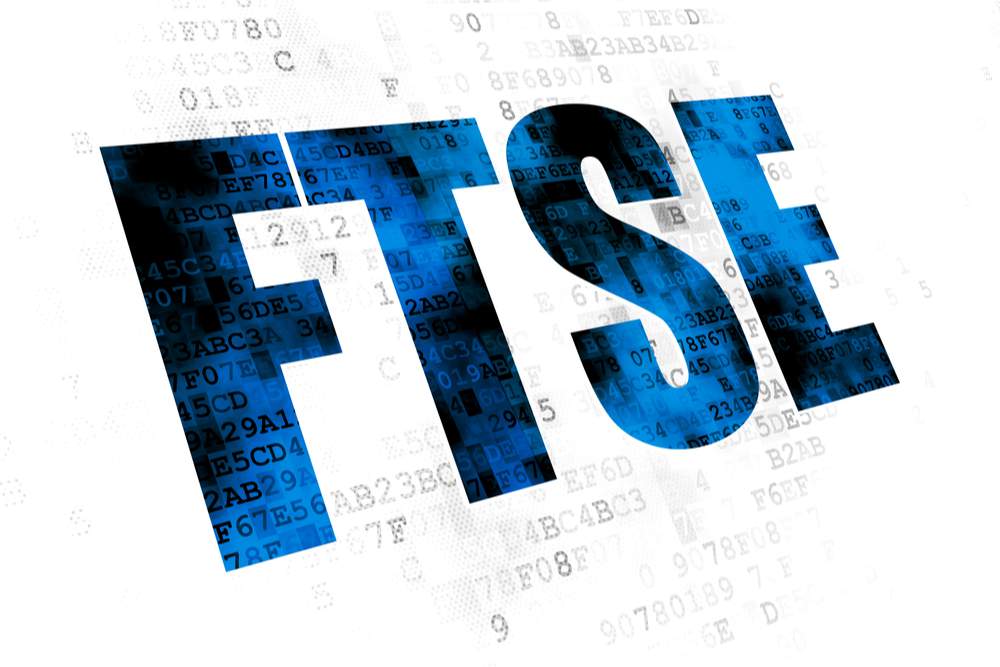All You Need to Know about FTSE Futures

The FTSE is an acronym for the Financial Times and Stock Exchange index that
represents the hundreds of top companies on the London Stock Exchange.
Although there are many FTSE indices like the
FTSE 250
and FTSE 350, FTSE futures are only based on the
FTSE 100.
Unlike stock market index futures and other commodity futures, FTSE futures
aren’t based on an underlying physical asset. This can make trading
and speculation complicated when you’re trying to predict the value of
an index that covers 100 individual companies.
How Does FTSE Futures Work?
The index can be influenced by global economic events, but you don’t
have to worry about things like severe weather or the decrease in demand for
a particular commodity. Rather, it’s all about focusing on the bigger
picture.
The index futures and those indices that track them can influence each
other. This means that the value of FTSE futures can be influenced by the
FTSE 100 and vice versa.
It happens because, for example, futures are traded before the market opens,
so if their value rises, then traders will also expect the market to rise.
At the same time, traders need to be aware of the interconnected nature of
leading stock exchanges around the world. While these exchanges might seem
isolated from each other, events that have a significant impact on one stock
market can also impact others.
Why Are Specifications Important?
When it comes to futures contracts, you have to pay attention to the
specifications. This is because they will give you a better idea of the
margins you’ll have to meet, how much you’ll have to leverage,
and other important information.
LIFFE CONNECT is the electronic platform where FTSE futures represented by
the “Z” symbol are traded. The contracts are valued at £10
per index point and move in 0.5 increments. This means that you have to
multiply £10 by the current index value to gain the contract’s
value.
At the end of each day, the margin requirements are recalculated by an
algorithm developed by NYSE Euronext. However, it’s good to note that
they usually fall around the £3,000 mark for initial and
maintenance.
The FTSE presents an opportunity for investors to gain access to Britain's
leading stock exchange. It also enables non-British investors to gain
indirect access to stocks that they wouldn’t normally trade.
Novice investors should make an effort to pay close attention to major indices around the world to get a better idea about what can happen when FTSE trading opens.
Another factor that demands attention is the Bank of England’s
Monetary Policy Committee. This is because they control the country’s
monetary policy which will certainly have an impact on the FTSE and its
futures.
Trade FTSE Futures with r1investing
Interested in trading FTSE Futures? We offer trading via contracts for
difference, or CFDs for short.
CFDs are
a modern trading vehicle that lets you predict the direction of your asset
is going. If you are right, you will profit. Several other advantages are
also inherent with CFDs:
- Trade with leverage, up to 1:500 on some accounts
- Choose to go long or short for the utmost flexibility
- Enjoy a variety of account types so you can find the one that is best for your goals and style
- Get low spreads and a broad choice of assets including indices, forex, commodities, cryptos and stock, all offered on CFDs
- Take advantage of our powerful trading platforms, for mobile and web-based
- Boost your knowledge and skills with our broad-reaching education centre
Find out more about trading FTSE Futures at r1investing. Just sign up to get
started.

